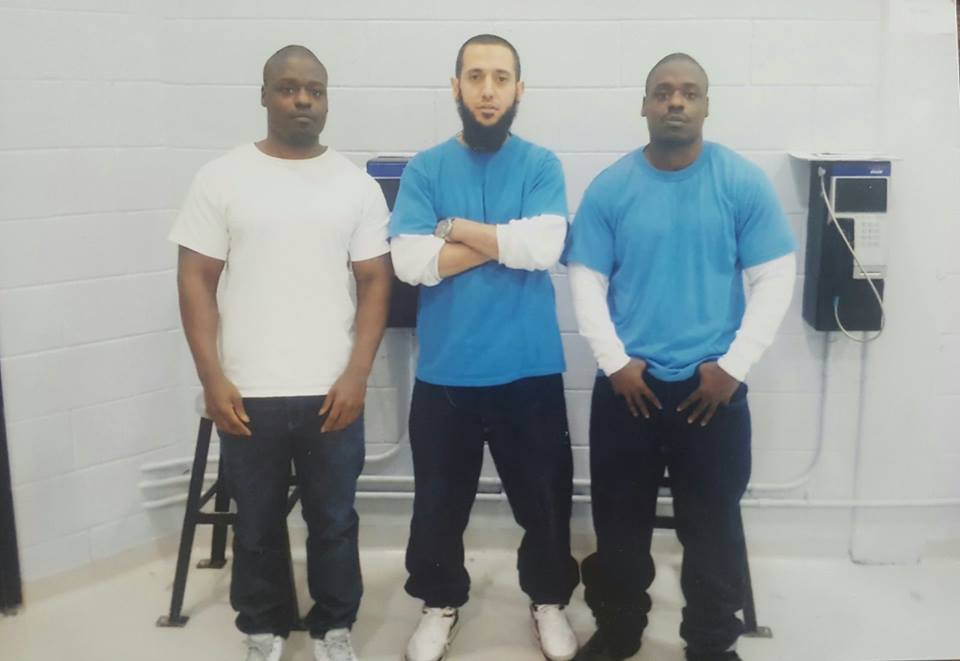A former terrorist leader serving a life sentence for plotting truck bombings in downtown Toronto was denied parole Friday at a hearing during which he described himself as non-violent.

The Parole Board of Canada rejected Zakaria Amara’s bid for release on day parole, saying that while he seemed on the right track, more proof of his fitness for release was needed.
During the hearing, Amara insisted he was a “passive,” non-violent person, but acknowledged he had planned to “take revenge for Canada’s involvement in Afghanistan.”
The targets of the bomb attacks were the Toronto Stock Exchange, Canadian Security Intelligence Service office on Front St., and a Canadian military base, he admitted.
“If I was technically able to carry it out, I would have,” he said, adding that if the bombings had not succeeded, he would have tried “anything, maybe using guns.”
The 35-year-old was seeking to be released to a facility in Toronto so he could enroll in a de-radicalization program and study to be a social worker.

Get daily National news
The Board said it wanted him to instead transfer to a minimum security facility, where there was “hopefully some opportunity for the institution to find and recruit those specialized services that address the future risk of harm related to terrorist activity.”
“In the absence of that, the Board felt the risk was unmanageable and the risk to public safety was still present.”
Occasionally pausing to sob, Amara told the Board he did not feel “100 per cent” Canadian, “but I’m making that journey,” and argued that returning to the community would help.
“I would say that I’m halfway there,” he said.
He also said that since his imprisonment, he had been in contact with members of the Khadr family, former associates of the late Osama bin Laden, and had only stopped communicating with a co-accused eight months ago.

Amara was the ringleader of the bombing faction of the Toronto 18, a terrorist group that trained north of Toronto, and prepared a series of attacks inspired by Al Qaeda. He was arrested in 2006 as the bombs were being prepared.
According to a Facebook page formerly in his name, Amara “never felt Canadian” because he wasn’t white and he got “caught up in a perfect storm of internal and external influences.”
But he told the hearing he was no longer as interested in world affairs, and had gained “emotional maturity,” explaining the recent conflict between Israel and Hamas had not elicited the same strong response in him it would have when he was younger.
A Canadian and Jordanian, Amara was stripped of his Canadian citizenship in 2015, but it was returned to him when the Liberals came to power and scrapped a law that allowed the government to revoke the citizenship of convicted terrorists who hold dual nationalities.
Stewart.Bell@globalnews.ca








Comments
Comments closed.
Due to the sensitive and/or legal subject matter of some of the content on globalnews.ca, we reserve the ability to disable comments from time to time.
Please see our Commenting Policy for more.